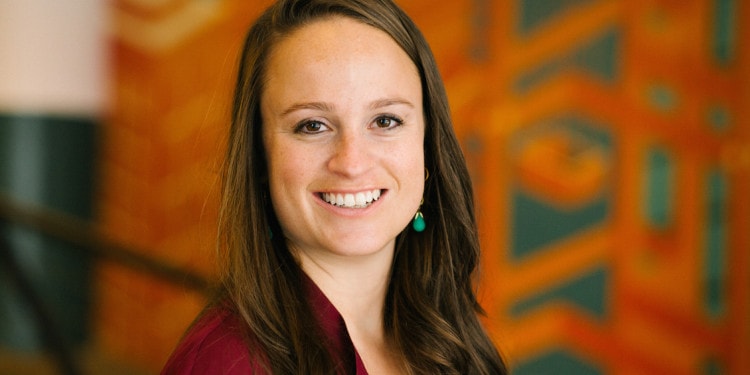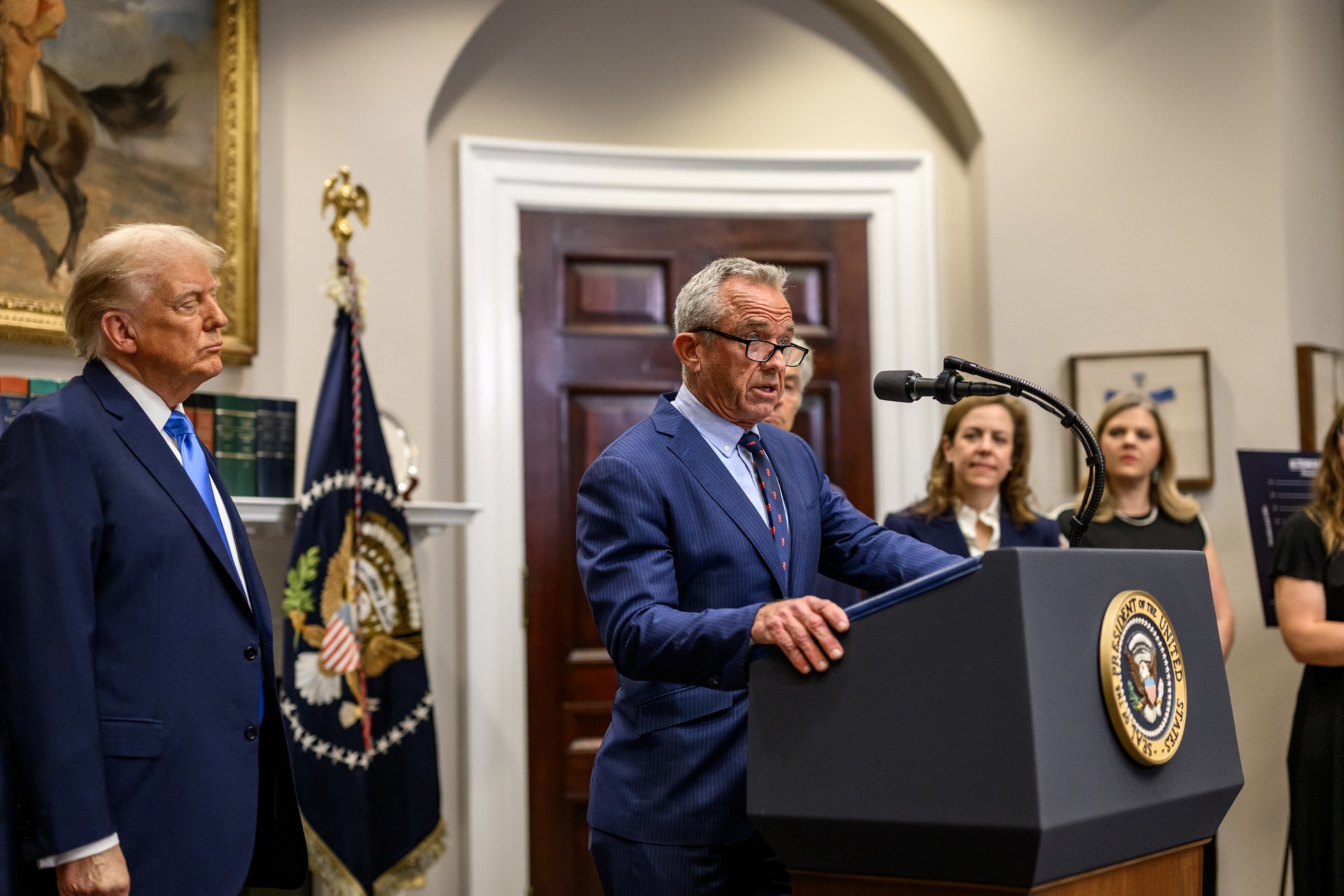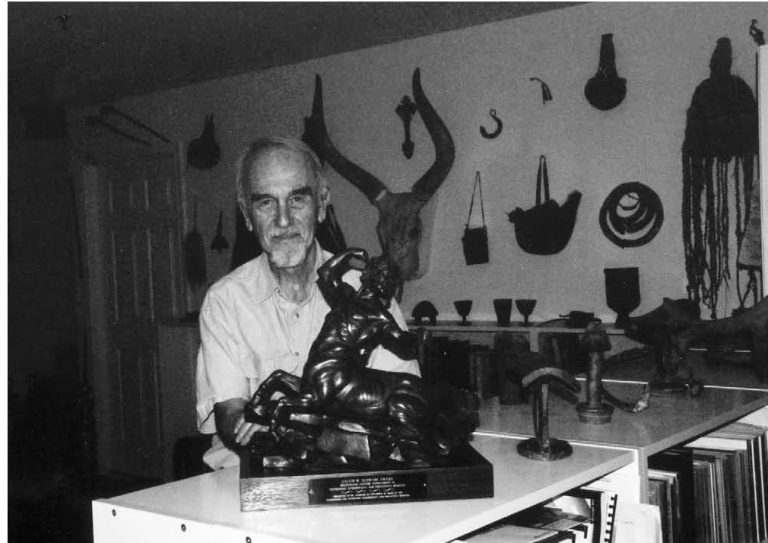Today we are talking to Serena Oppenheim, the founder of Good Zing, an online community-based encyclopaedia, where one can find tips on virtually any health- or wellness-related issue. From boosting concentration levels and dealing with a hangover to relieving a sore throat and calming down sugar cravings, the portal provides a space for users and experts to share their knowledge in search of the most effective cure. Founded on the idea that what works for one may not be right for another, Good Zing strives to provide access to quality health and wellness information for everyone.
How did the business begin? When and where did you first get the idea for your startup?
Serena Oppenheim: The idea for Good Zing came from a simple breakfast with my sisters and some family friends. It was one of those ‘light bulb’ moments that until it happened to me I never believed actually existed.
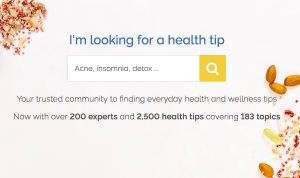
In the photo: Good Zing website. Photo Credit: Good Zing
We were sitting around the kitchen table, my two older sisters, both of whom have young children, and some of my parents’ friends. My sisters were asking for remedies and cures for everything from diaper rash to teething and we were all chatting about our own health and wellness issues from sunburn to insomnia and anxiety. Everyone was sharing their own favourite tricks and remedies and I remember thinking: “surely there must be a book or a website with every single fix for these issues in one place”. I did some research and the more I looked, the more I realized that there wasn’t. I reflected on my own health issues, from Chronic Fatigue Syndrome, Fibromyalgia to stress and realized that there was a genuine problem.
Imagine you are looking for a cure for insomnia, browsing through everything from home remedies to simple tricks to improve your sleep issue and there isn’t a place which pulls all the solutions together, with ratings and reviews so you know what actually works and what doesn’t. There are sites focused on home remedies, there are great blogs talking about insomnia, there are good pharmaceutical sites telling you about the drugs available, but if you are looking for all the options in one place, that doesn’t exist.
Paradoxically, there are equivalents for virtually everything else: hotels, car insurance, restaurants, recipes for the most obscure type of dairy-free avocado chocolate brownie.
Yelp, TripAdvisor, Yummly and so on. Sadly, for basic everyday health and wellness issues, Dr Google is not always your answer as you often end up going down a mixture of a rabbit hole of self-diagnosis or a bunch conflicting bits of health information. So I decided to go for it, taking inspiration from those sites that have helped me in the past, but focusing on the day-to-day health issues that so many people struggle with, wanting to create a platform with good health literacy.

In the photo: Queen Fabiola Children’s University Hospital, Brussels, Belgium. Photo Credit: Piron Guillaume on Unsplash
What is the goal of your company and who is your audience?
S.O.: Good Zing’s goal is very simple: to democratise access to health information for specific everyday problems through both crowdsourced and expert knowledge. By engaging with top specialists from every type of health and wellness discipline whether alternative or western medicine, Good Zing can be a trusted site for everyone.
Our aim is to make Good Zing as synonymous with health tips, as Yelp has become with restaurants. We will never charge for basic access to all the health tips (though some VCs suggested we should) for the simple reason that we firmly believe in universal healthcare.
We are convinced that anyone, no matter their financial circumstances, should have access to the same health and wellness information.
If you live in a big city, and you have a regular income you might not think twice about seeing a dietician, or acupuncturist, or a doctor for something you are struggling with. However, if you are on a low income, and people around you have never gone to see a nutritionist, and you do not have access either to the resources or have the time, you might not realise that there might be a simple solution for that everyday health issue you are struggling with.
Our audience is the 80 percent of adult Americans who search online for health information. We were surprised by the statistic that 1 in 20 Google searches are health-related, and simply speaking, it is those people we created Good Zing for.
What distinguishes Good Zing from other health and wellness initiatives?
S.O.: It’s such an exciting time in the health and wellness industry as people are looking at solving issues using different ideas. What is particularly great to see is the sense of collaboration rather than competition in this industry. I have met so many different founders who are trying to solve similar problems, all in very different ways. The joy of Good Zing is that we act as a bridge for all of these different methods, which makes us unique.
We are not just about technology solutions or just about natural solutions, we can be the portal that brings all the information together. We don’t make a judgment about the efficiency of the methods, but let the consumer decide for himself.
For example, there is a huge debate within the health and wellness industry on the merits of detox or fasting or juice cleansing. Is it a fad for money or is there scientific proof behind it? We have experts on both sides of the debate, some passionately advocating and others just as passionately disagreeing. We want the platform to acknowledge that debate and let consumers make the decisions for themselves, having seen all the options and viewpoints.

In the photo: Pills. Photo Credit: freestocks.org on Unsplash
How do you think your work impacts the global society?
S.O.: I believe strongly in the concept of universal health. Take the UK for example. The National Health Service (NHS) might not be perfect but it’s incredible in its own way. However, a 2016 Local Government Association (LGA) report “Helping People Look After Themselves” stated that 5.2 million GP visits a year were for a blocked nose; that 1 in 5 GP appointments could be dealt with by a pharmacist or by patients at home. We want to encourage people to do their own research for health tips regarding everyday problems they know they have e.g. mild colds, periods pain, PMS, insomnia, anxiety and so on.
Our mission is to help educate people about the different tried and tested methods people have used so that hopefully that can help free up some of those appointments and help save the NHS money which could be redirected to solving other issues.
What advice would you give to young women entering male-dominated fields?
S.O.: I have had various different careers at this point, and all of them in male-dominated fields. There are three key points I have learnt along the way:
Firstly, even in a male-dominated field, some of my more difficult experiences have been with other women, whereas some of my most supportive influencers and mentors have been male. There are ‘bad eggs’ in every industry, regardless of one’s gender.
Secondly, surround yourself with a supportive community, and I mean, not just female-only communities. There are some fantastic female-focused entrepreneur organisations, which I belong to, and which I find extremely helpful, (for example SheWorx) but I also belong to other communities which are industry-specific. If you only choose female-focused communities, you risk cutting yourself off from a large number of people who have different experiences and insights.
Thirdly, and this comes with being part of different communities, get in with the gossip. Everyone knows who the investors and advisors are for that specific field, and which people may not be so helpful or trustworthy at the end of the day. Bad reputations precede people, so do your research. You just have to filter through it, learn from what you hear, but also go with your gut.
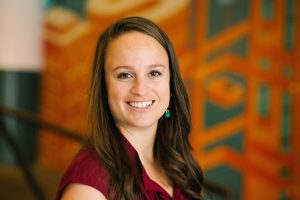
In the photo: Serena Oppenheim, the founder of Good Zing. Photo Credit: Evolvher
What is the future of Good Zing looking like for you?
S.O.: We are growing rapidly, more experts are joining the platform every week, they are constantly adding in new health tips, and we are launching new topics every month. The company is in its infancy but we are getting strong traction and some really supportive messages from our users thanking us because they found a tip that actually worked. In the coming months, we will be presenting an event series with our experts and we are excited to see how that develops. We did some events last year before launch, and all of them sold out so we are looking forward to this.
One of my favourite features of the website is a voting mechanism for the verified experts, whereby they can approve or disagree with any tip on the site. This will allow us to show users which home remedies experts disagree with and to dispel some health myths which people still believe in. The future of the platform is extremely exciting: ultimately we should have a database of the top 10 health tips for each category through the rating and review system, which we hope, will help many people around the world.


